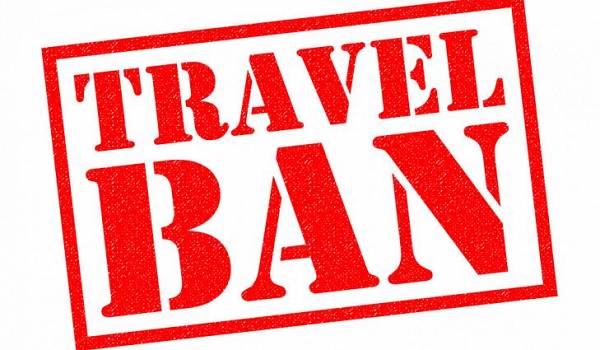The federal government’s travel ban on 50 Nigerians facing corruption charges on Saturday threw fuel on the already explosive debate over the war on corruption, with many in Nigeria condemning it as a historic mistake.
Human rights lawyer, Femi Falana on Sunday said the government is not empowered under the law to restrict the movement of criminal suspects.
“Sadly, the travel ban is a sad reminder of the reckless placement of political opponents on security watch list and seizure of their passports by the defunct military junta,” he said.
“Notwithstanding such judicial indictment of politically exposed persons seeking medical treatment during trial the law has not authorised the Executive to restrict the movement of criminal suspects.
“To that extent, the directive to place the 50 high profile suspected persons on watch list and restrict their movement is highly superfluous, completely unwarranted and totally uncalled for.
“In fact, it is an ingenious design to expose the Buhari administration to ridicule.
“If the federal government had done some background check it would have discovered that the names of the 50 VIPs have long been placed on security watch list while their passports have been impounded by the anti graft agencies or the courts as one of the conditions for admitting them to bail.
“For the umpteenth time, I am compelled to caution the Buhari administration to wage the war against the menace of corruption within the ambit of the rule of law.
Outrage over the decision was immediately palpable as the Socio-Economic Rights and Accountability Project (SERAP) said that “The order banning 50 alleged high-profile corrupt Nigerians from travelling abroad without any legal basis and a judicial authorisation is clearly arbitrary, repressive and illegal, as it breaches constitutional rights and the country’s international obligations, which protect the rights to freedom of movement, to leave one’s country, to privacy, and to due process of law.”
The organization said: “A travel ban by its nature is an interference with the right to leave one’s country. It is neither necessary nor proportionate to prevent dissipation of stolen assets or stop politically exposed persons (PEPs) from tampering with any such assets. The ban should be immediately lifted and the order rescinded.”
But SERAP in a statement today signed by its deputy director Timothy Adewale said: “Rather than performing its declared objective of preventing dissipation of stolen assets, the travel ban would seriously undermine the government’s expressed commitment to combat grand corruption and violate the country’s international human rights obligations. The travel ban will play right into the hands of high-profile corrupt officials by feeding into the narrative that the fight against corruption is targeted only at political opponents.”
“The travel ban will also strain the government’s relationships with partner countries, on whom it will inevitably rely for vital asset recovery cooperation, undermining the effort to bring them closer. By alienating these partners, the government could lose access to important information and mutual legal assistance necessary to effectively recover stolen assets and bring corrupt officials to justice.”
























Leave a comment